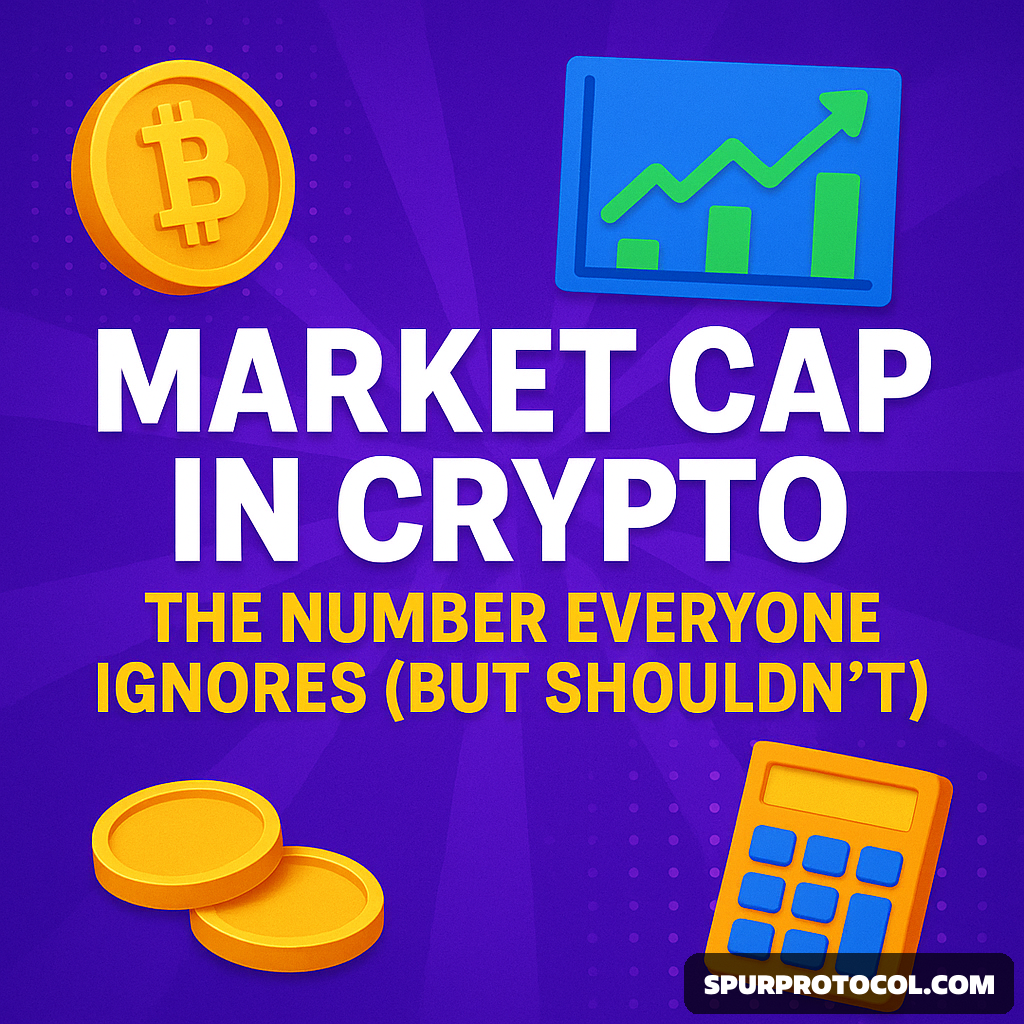Marketcap In Crypto : What It Really Tells You .
Price isn't the full story. This one number can change how you see every token.
Go Back

🕒 10:51 PM
📅 Jun 28, 2025
✍️ By laniyi1221
📌 Market Cap in Crypto: What It Really Tells You (Not Just Price!)
When someone says “this coin is just $0.002, it’s cheap!” — you should pause and ask:
What’s the market cap? 🤔
💡 So What Is Market Cap?
It’s simply:
🧮 Market Cap = Price × Circulating Supply
It tells you how much the currently available tokens are worth in total.
> A token that’s $0.01 with 1B tokens in circulation = $10M market cap.
A token that’s $0.10 with only 10M tokens = still $1M market cap.
➡️ So… price alone doesn't mean a coin is “cheap” or “expensive.”
🧪 What About New Tokens?
Even tokens that haven’t launched yet can have an estimated market cap — based on their expected listing price × tokens released at launch.
But how do they get that price?
🔍 How Teams Estimate Token Price Before Listing:
1. Presale Price-Based
→ If presale was $0.01, they might list at $0.012 to reward early buyers.
2. Target Market Cap Strategy
→ Want to launch with a $2M cap and plan to unlock 40M tokens?
→ 2M ÷ 40M = $0.05 listing price.
3. DEX Liquidity Formula
→ If they add 1M tokens + $100K to a liquidity pool,
→ Launch price = $0.10 based on the pool ratio.
📊 How Market Cap Affects Trading:
🔸 Low Market Cap = higher volatility, easier to pump and dump.
🔸 High Market Cap = more stability, less likely to pump overnight.
Big market cap projects move slower, but they’re often less risky.
Small cap = more gains, but more danger.
Smart traders use this to balance risk and opportunity.
🧠 Why This Matters:
✔️ Helps you avoid hype traps
✔️ Helps you compare coins fairly
✔️ Helps you predict possible listing price
✔️ Gives you insight into how volatile a coin might be
So next time someone says, “Bro this coin is $0.001,”
👉 ask: what’s the market cap?

